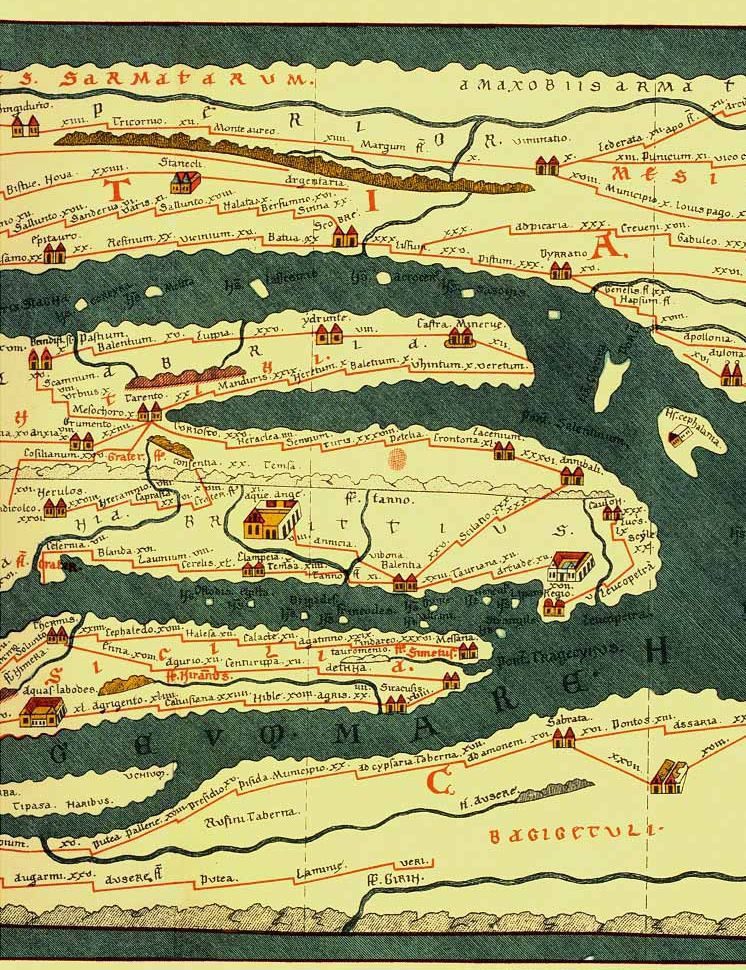
The Scale of Space in the Roman World
Brown University Amy Russell
November 11, 2022 · 12:00 pm—1:30 pm · 209 Scheide Caldwell
Program in the Ancient World

This talk attempts to provide a theoretical framework for analyzing the phenomenon of scale in the Roman world. Space itself is not the same at different scales, and scale is not the same at different times. Previous scholars have explored how Romans understood space differently at different scales, most obviously in work on large-scale space as hodological rather than cartographic. Riggsby revisits Rambaud’s foundational work on space in Caesar, BG, arguing that the three types of space Rambaud distinguishes (geographical: Gaul as divided into three parts; strategic: a few days’ march; and tactical: the distribution of troops on a battlefield) are not differentiated by scale but by use context. Yet if we consider how contemporary theories of scale in geography define scale, the two curve back round to meet: scale itself is not a given, but is formed by practice. Once we realize this, it is possible to track change over time. I argue that the arrival of empire as a new scale of cultural relevance changed Roman understandings of scale as well as space.
Amy Russell is Associate Professor of Classics and History and Director of the Program in Early Cultures at Brown University. She has lived and worked in the US, the UK, and Italy. Her research focuses on Roman Republican and early Imperial political and cultural history, with an enduring interest in space and architecture. Her previous work has been honored with the Goodwin Award and the Philip Leverhulme Prize. She is currently working on monuments of the imperial Senate; the institutional form of the populus Romanus, and the spatial turn in Roman studies.















